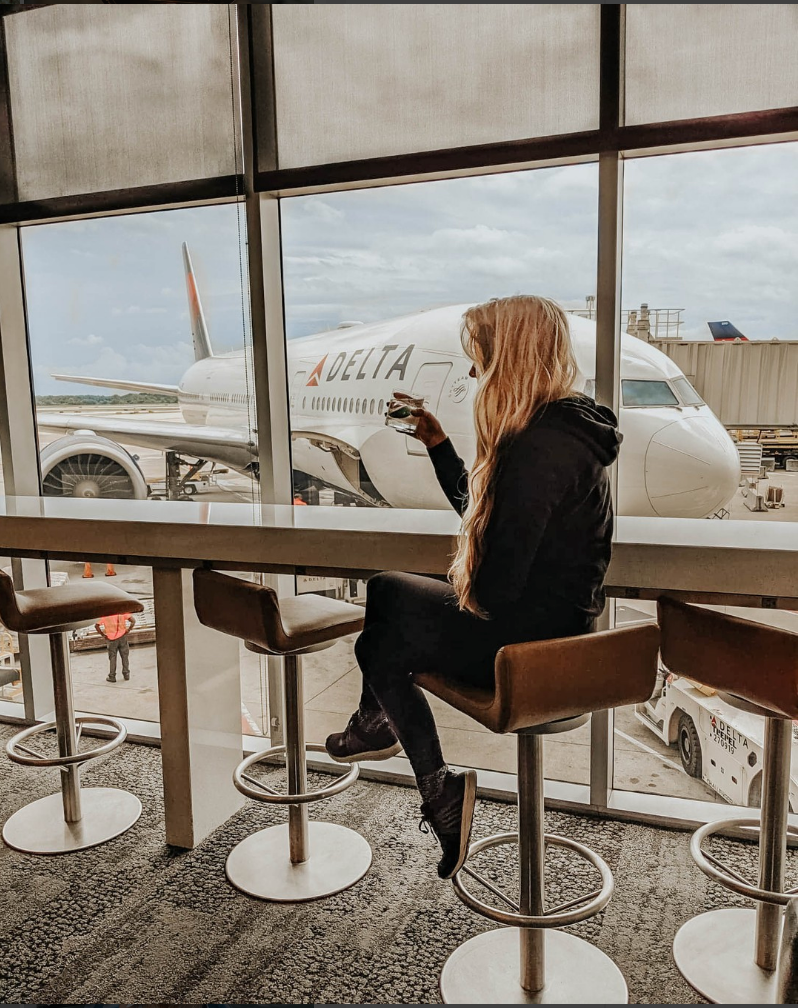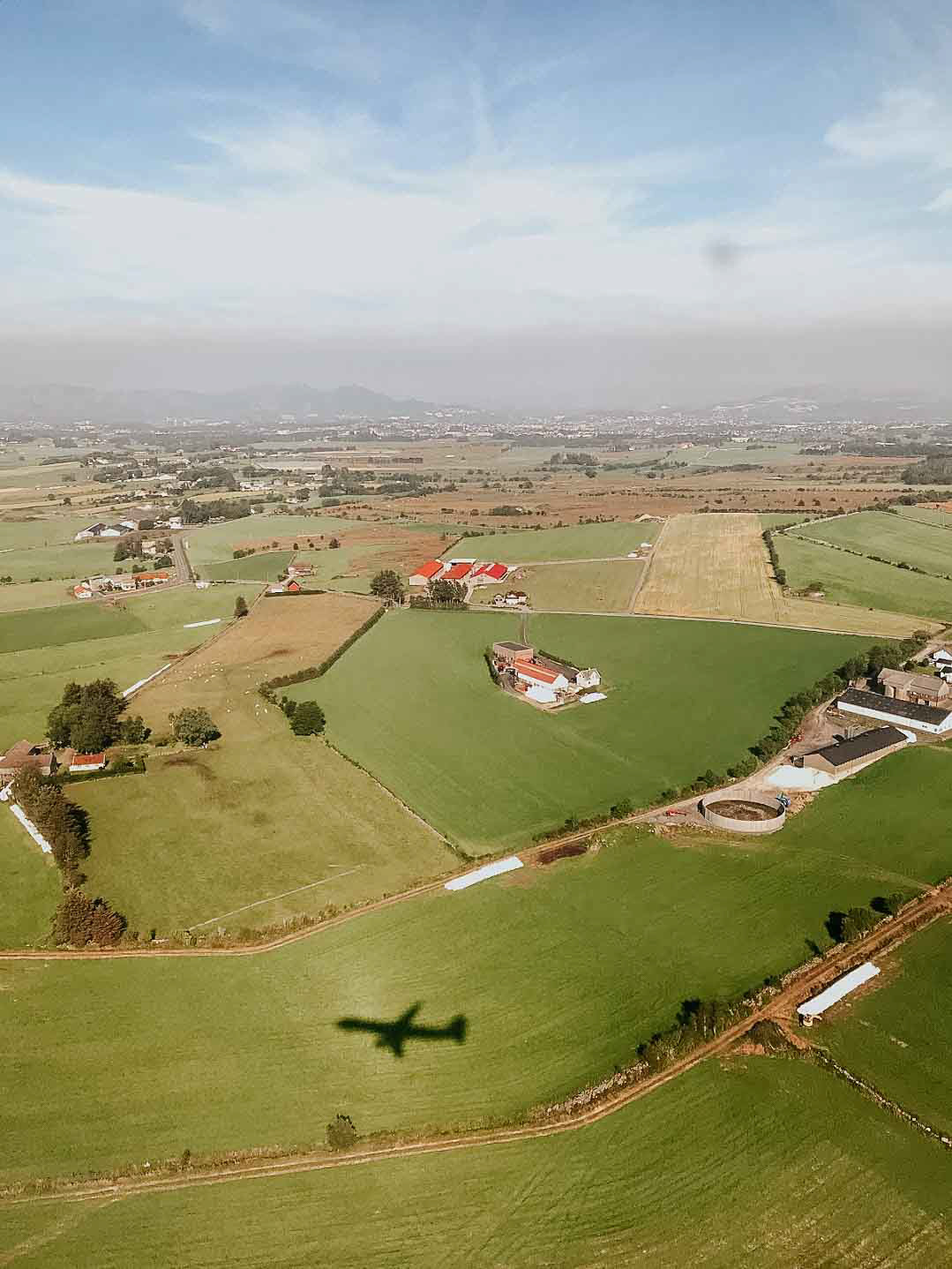


I recently took a trip to Norway and had to be back at work 8 hours after I got home. I was preparing for the worst, for falling asleep at my desk and being miserable the first few days after getting back, exhausted from the time difference, but this trick worked like a charm and I was back in action like I never left.
Jetlag is caused when you're on a sleep schedule from a different time zone. For example, Norway is 6 hours ahead of what I'm used to here, in Atlanta. So, when it's midnight Norway, it's 6pm back home. You can imagine the confusion to my body when I'm trying to go to sleep at midnight and it thinks it's time for dinner. It would be so easy to stay up 6 more hours and end up going to bed 6am local time (not great).
The trick is to force yourself to get on the right sleep schedule. Easier said than done, right? It's actually not as hard as you think. To get onto your new sleep schedule you have to keep yourself from sleeping when you immediately feel like it because that isn’t the right time to sleep in your new time zone. But make sure you sleep when it’s night time in your new time zone. It worked out that way for us on this trip because we were traveling for 24+ hours each way. We stayed up that entire 24+ hours making us exhausted and able to fall asleep at any time. We purposefully didn’t get any sleep during travel so that we could go to sleep at a normal time for the time zone we were currently in. Then (even if we sleep a couple extra hours) we are waking up in the morning and are set to keep our days and nights at the correct times.
It's not a lot of fun to basically pull an all nighter when you also have the stress of catching a flight, but it's totally worth it to make your transition that much easier. I've done this a few times, going to and from places all over the world, and it makes the transition a lot less taxing. My eating schedule is taking a bit longer to regulate but my sleep is back on track.
